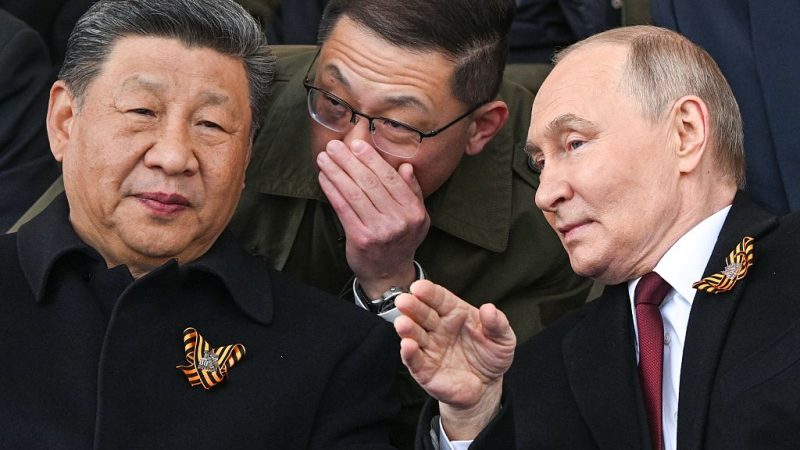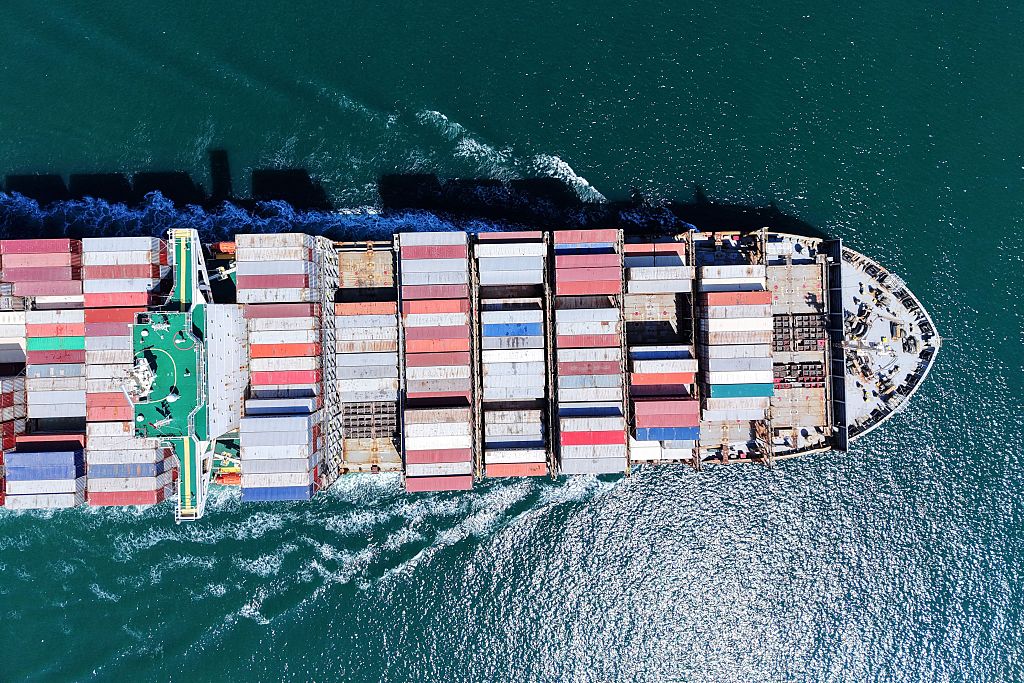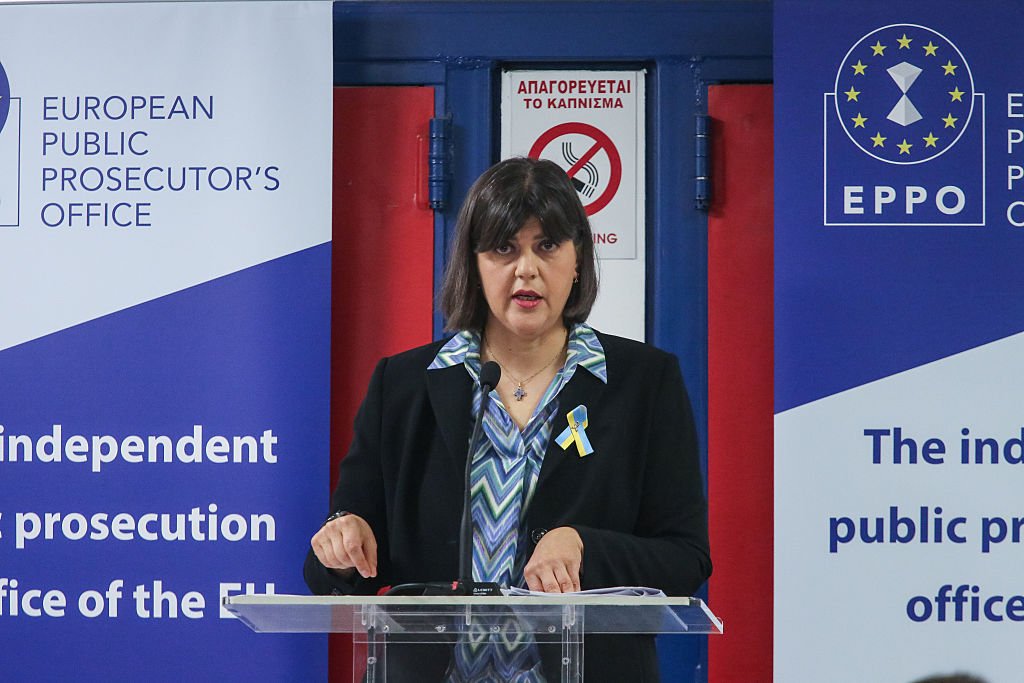The threat is coordinated, our response is not
Source: Euractiv
Chris Kremidas-Courtney is a senior visiting fellow at the European Policy Centre, associate fellow at the Geneva Centre for Security Policy, and author of ‘The Rest of Your Life: Five Stories of Your Future.’
Russia and China are actively engaging in a new kind of conflict, one that targets infrastructure, information, and influence rather than just territory. Yet most democracies remain caught in outdated frameworks, still approaching security through the Cold War lens of deterrence, and tidy distinctions between war and peace.
This battle is for influence and control across every key domain: information, infrastructure, supply chains, cyberspace, and even the human mind. And right now, the West is losing not because our adversaries are stronger, but because we’re uncoordinated, reactive, and politically fragile.
While Russia’s military is bogged down in Ukraine, Moscow has quietly expanded its use of cognitive warfare, now powered by AI and producing a flood of false content. By manipulating narratives, distorting facts, and fueling polarisation, Russia seeks to weaken Western resolve before a shot is even fired.
China’s strategy is more patient, but no less potent. Through its dominance of global supply chains, Beijing has gained immense economic leverage. Chinese actors have also been caught prepositioning inside Western power grids, probing vulnerabilities to exploit later. We’re not only trading with China, we’re also entrusting it with the keys to our critical infrastructure.
Meanwhile, China and Russia are deepening their military-technical ties, including joint submarine development, heavy-lift helicopters, and the construction of a missile attack warning system. These developments show a deepening of China and Russia’s defence and security partnership.
Economic sanctions are increasingly ineffective, largely because democracies can’t stomach the political costs. As one recent analysis put it, “The West can’t survive the sanctions it needs to deter China.” When gas prices spike or critical imports dry up, public support crumbles and so does our deterrence.
China continues supplying Russia with dual-use items like semiconductors and ball bearings, helping Moscow replace components lost to sanctions. This exchange not only fuels Russia’s war against Ukraine, it actively undermines the effectiveness of the West’s economic levers of power.
Beijing and Moscow are playing the long game. They’re sanction-proofing their economies while weaponising our openness and indecision. They’re also betting on us being too slow, divided, or distracted to respond.
Unfortunately, they’re often right.
Take the current situation in Libya. Italy and Greece have been sounding the alarm about Turkey and Russian-backed destabilisation in North Africa, along with weaponised migration flows and Russian navy repositioning in the Mediterranean. Yet their calls for help have been ignored by their allies.
In Europe, we tend to think of Poland and the Baltic regions as frontline states. But Italy, Greece, and others on NATO’s southern flank are also frontline states of hybrid warfare, weaponised migration, and maritime competition. When the security concerns of frontline states are not taken seriously, everyone becomes more vulnerable.
We can also look at the EU’s China strategy. While Brussels may have labelled Beijing a “systemic rival,” most member states still treat China’s expertise as an afterthought. Unlike the US, which created a “China House” for cross-agency coordination, Europe has no comparable structure – leaving it flat-footed when decisions need to be made fast.
By contrast, China and Russia conduct annual strategic security consultations and coordinate via institutionalised five-year military cooperation plans. Though not a formal alliance, their sustained coordination outpaces the ad hoc responses of Western democracies.
What should we do?
First, we need to stop pretending these are disconnected problems. They are expressions of the same campaign to reshape the global order in favour of authoritarian power. Europe and its allies must build permanent strategic capacities to respond and shape outcomes before crises escalate.
Second, we must strengthen our “asymmetric resilience”. That means diversifying supply chains, investing in local production, and scrubbing our infrastructure for vulnerabilities.
Finally, we must prepare for hybrid threats the way we once prepared for nuclear ones: with scenario planning, joint exercises, and rapid-response mechanisms that include both civil and military sectors. From power grids to migration routes, the frontline of conflict has changed. Our defence posture must change with it.
There is good news: When democracies act together, they are formidable. We’ve outmatched authoritarian powers before and not through force alone. We did so by staying flexible, principled, and united.
But coordination begins with clarity. We must recognise that these are not isolated incidents but interconnected elements of a deliberate strategy to reshape the global balance of power. Effective response requires more than awareness. It demands institutional reform, strategic foresight, and the political will to act before the next crisis breaks.
The original article: belongs to Euractiv .




